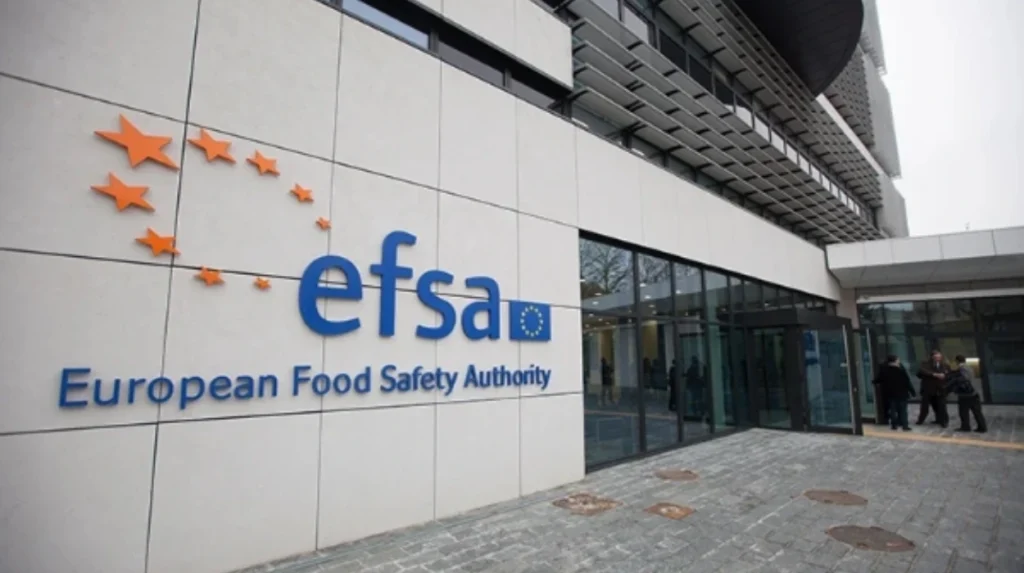The European Union’s food safety and consumer protection landscape is shaped by various institutions, among which the European Food Safety Authority (EFSA) plays a vital role. Charged with providing scientific advice and risk assessments related to food safety, EFSA is an independent agency that informs EU food policies to safeguard public health. Given the profound impact of EFSA’s work on food regulations and industry practices, questions frequently arise concerning the extent to which this authority can be influenced or lobbied by external actors.
The Role of EFSA in EU Food Safety
EFSA was established to deliver independent scientific assessments that support EU legislation on food, feed, and consumer products. It provides data-driven advice on risks from contaminants, additives, pesticides, novel foods, and emerging food technologies. This advice shapes regulations, market authorizations, and consumer guidance, making EFSA a central player in the EU’s food safety framework.
EFSA operates scientific panels staffed by experts, and it works transparently by publishing scientific opinions, allowing stakeholders to understand the basis for regulatory decisions. The agency also coordinates with member states’ authorities and international organizations to align risk assessment standards.
The Reality of Lobbying in Brussels
Lobbying in Brussels is a complex reality, with numerous interest groups, industry representatives, NGOs, and Member States seeking to voice their perspectives on EU policies. Food and agribusiness sectors maintain particularly strong presences due to the substantial economic stakes involved. Brussels lobbying activities are legally regulated, requiring registered lobbyists to disclose interactions with EU institutions, promoting transparency.
Given the influence EFSA holds over food policy, it inevitably attracts lobbying efforts from various parties aiming to shape scientific discussions and regulatory outcomes. These actors include multinational food companies, industry federations, consumer advocacy groups, and agricultural lobbies.
Can the EU Food Safety Authority Be Lobbied?
Yes, EFSA can be lobbied, but the scope and nature of lobbying are subject to strict frameworks designed to preserve EFSA’s scientific independence. The agency explicitly separates its scientific evaluation functions from political decision-making, which primarily occurs within the European Commission and the Council of the EU.
Lobbying efforts usually target policy-makers, commission officials, or member state representatives responsible for drafting and approving legislation influenced by EFSA’s opinions, rather than EFSA scientists directly. However, industry and other stakeholders do engage with EFSA through formal public consultations, advisory groups, and stakeholder forums established to gather input on scientific processes and data requirements.
EFSA maintains a robust ethical code and conflict-of-interest policies for its experts and staff to prevent undue influence. Transparency registers detail meetings and communications, although concerns remain about potential imbalances in access and influence among competing stakeholders.
Case Study: Food Labeling and Industry Influence
A striking example illuminating EFSA’s position amid lobbying is the recent controversy over front-of-pack nutrition labeling (FOPNL) in the EU. The European Commission proposed a harmonized, mandatory food label system to help consumers make healthier choices, with EFSA’s scientific assessments underpinning the proposal.
However, significant opposition arose from powerful agri-food lobbies, particularly from certain Member States with vested interests in products that might fare poorly under an interpretive color-coded label like the Nutri-Score. Intense lobbying campaigns, involving numerous meetings, presentations, and even political pressure, led to the delay of the Commission’s proposal, demonstrating how industry interests can indirectly shape outcomes despite EFSA’s scientific input.
Freedom of information requests revealed disproportionate meetings between DG AGRI (responsible for agriculture) and industry stakeholders compared to civil society groups, highlighting concerns about the lobbying imbalance in Brussels. The dissemination of misleading arguments questioning the scientific validity of EFSA-backed measures underscores the complex interplay between lobbying and scientific policy-making.
Measures to Protect Scientific Integrity
To counterbalance lobbying pressures, EFSA implements multiple measures:
- Transparency: EFSA publishes scientific opinions, meeting minutes, and maintains a public register of interest declarations for experts and staff to ensure openness.
- Independent Panels: Scientific experts are selected based on qualifications, with rigorous conflict-of-interest screening to prevent compromised advice.
- Stakeholder Engagement: EFSA allows broad stakeholder participation during consultation phases but ensures that scientific evaluations remain evidence-based and objective.
- Separation of Roles: EFSA’s scientific assessments are advisory; the ultimate policy decisions lie with the European Commission and member governments, adding a layer of political accountability.
Implications for EU Food Safety Governance
The necessity for lobbying arises from diverse interests in the EU food sector, ranging from consumer protection to economic competitiveness. While lobbying can facilitate dialogue and improve policymaking by bringing varied perspectives, unchecked influence risks undermining public trust and food safety standards.
EFSA’s challenge is to balance openness with safeguarding scientific objectivity, ensuring that policy recommendations remain credible and transparent. The agency’s success directly affects EU consumers, who rely on trustworthy information for health and safety.
While the EU Food Safety Authority can be subject to lobbying efforts, its scientific mandate is protected through strict governance, transparency, and conflict-of-interest policies. Lobbying primarily targets political decision-makers rather than EFSA’s scientific panels directly, though industry influence remains a potent force in shaping food policy outcomes in Brussels.
The balance between stakeholder engagement and scientific rigor is a delicate one, essential for maintaining high food safety standards and consumer confidence across the European Union. As demonstrated by recent food labeling debates, the fight for unbiased, evidence-based policy continues amid competing economic and political pressures.
Understanding how lobbying interacts with EFSA offers crucial insight into the processes that shape food safety regulations affecting millions of Europeans, reinforcing the need for vigilance, transparency, and accountability in this vital area of public policy.







